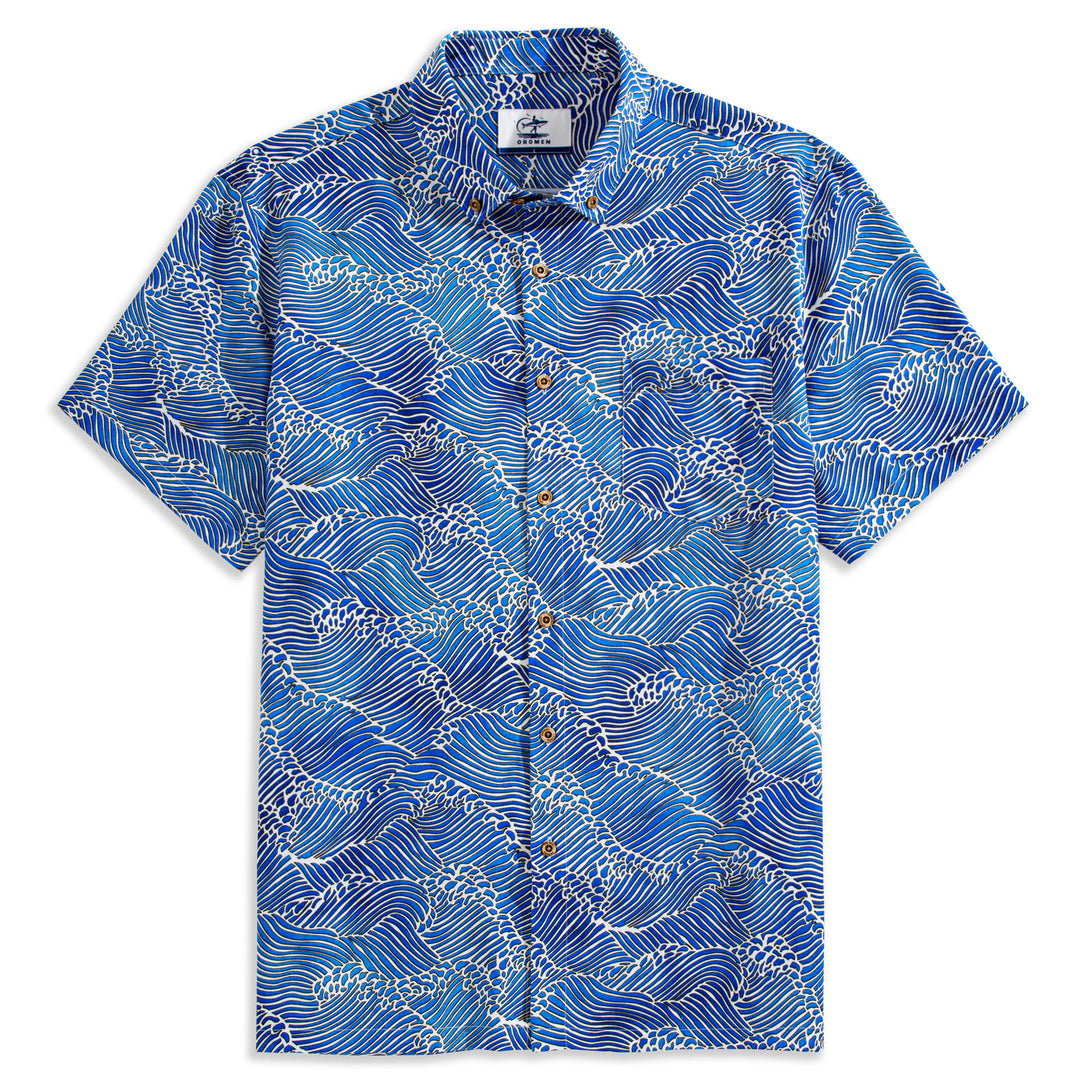What Is Lyocell Fabric?
Fabrics are now roughly divided into two categories: natural fibers (such as animal fur, linen, cotton, silk, etc.) and synthetic fibers (such as chemically synthesized man-made fibers: polyester, nylon, etc., and synthetic blended natural fibers: lyocell fiber, modal fiber, etc.)
However, due to the existence of blending, the boundary between these two fabrics is easily blurred, and Lyocell fiber is right in between the two.
Lyocell is a plant fiber obtained from natural wood raw materials, the main source of which is eucalyptus cellulose fiber. Nevertheless, lyocell fibers made from oak, bamboo and birch are also common. But it needs to be processed by secondary processing of wood during the processing, which means that it is neither 100% natural fabric nor 100% artificial fabric. Technically and professionally, it is a semi-synthetic natural fiber. But it is 100% biodegradable and natural environmentally friendly fabric, there is no doubt about it.
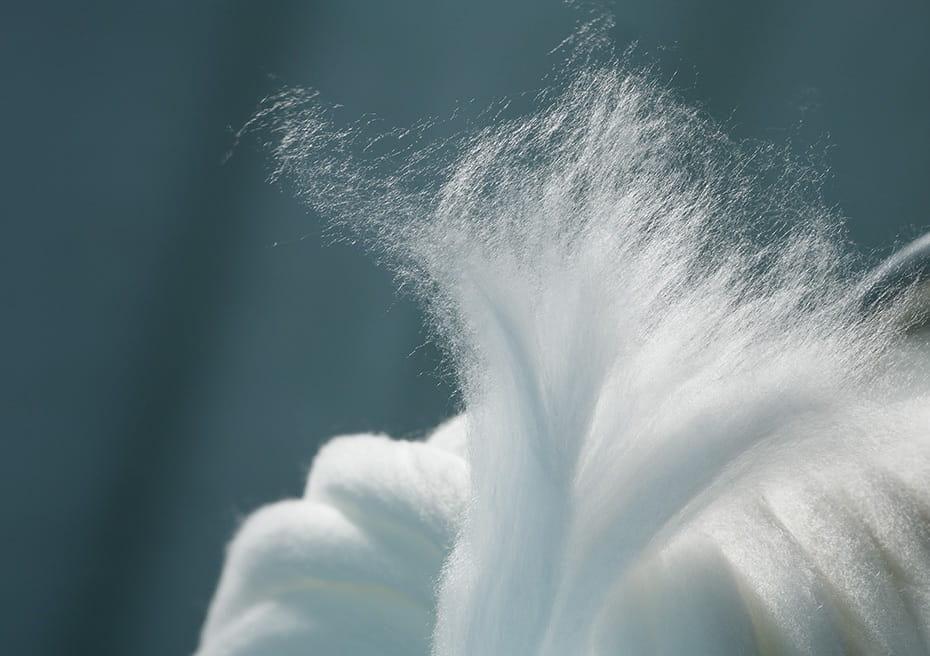
Advantages of Lyocell Fiber:
Lyocell fiber is soft, durable, breathable and sustainable. It can be used to make hot weather clothing such as Hawaiian shirts, skirts, tank tops and T-shirts. It is called the miracle fabric of summer because of its unparalleled breathability and lightness.
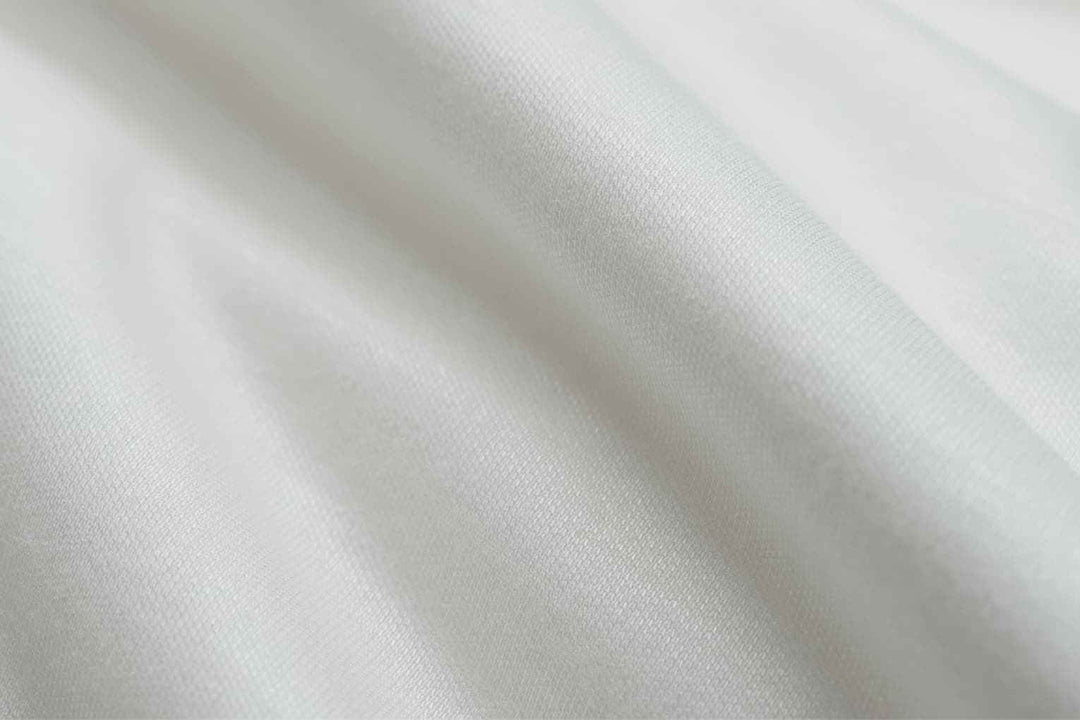
Skin-friendly and smooth touch
Under an electron microscope, the surface of Lyocell fiber is smooth, giving the fabric a smooth touch and providing a comfortable experience for sensitive skin.
The German TSA (Tissue Softness Analyzer) softness test confirms that the diameter of Lyocell fiber is smaller than that of cotton fiber and the fiber is smoother.
Cooler on the body and better breathability
Lyocell fibers have a higher moisture absorption capacity than cotton fibers, and their smooth surface helps support the body's natural temperature regulation.
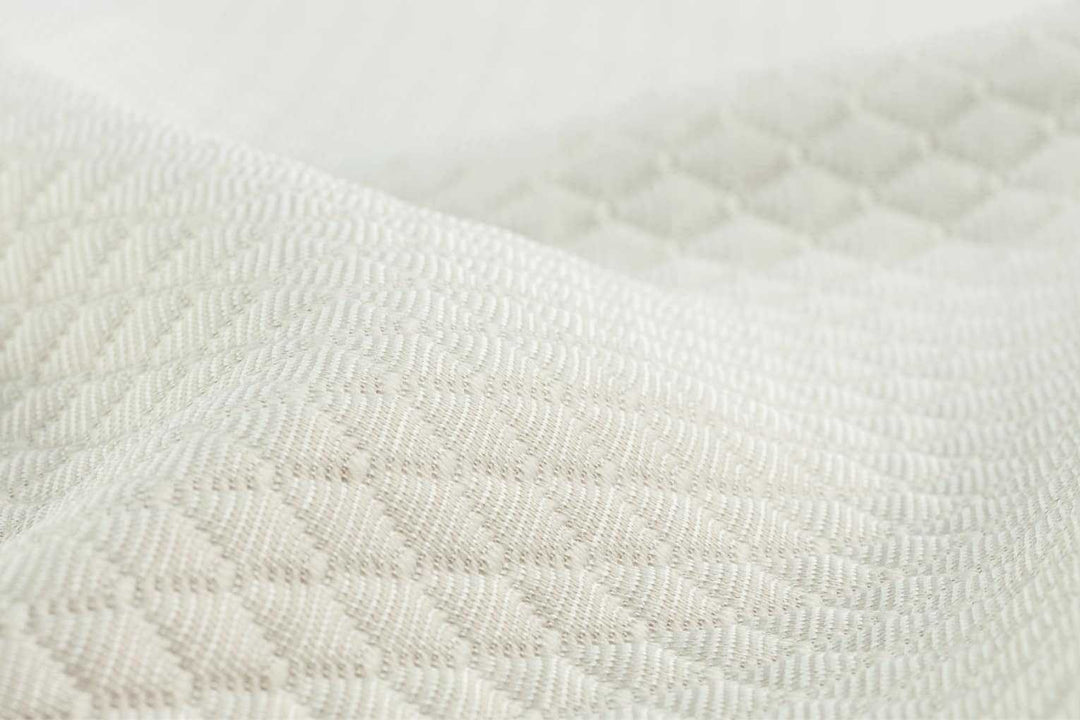
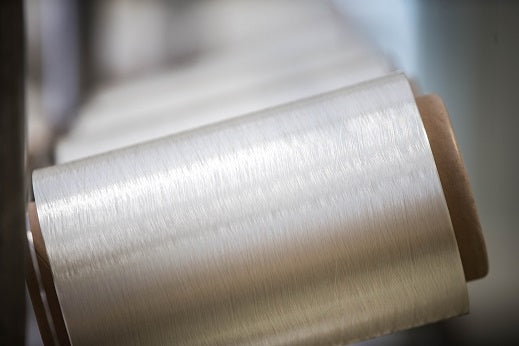
Environmental and safety values
Lyocell fiber complies with the Forest Stewardship Council FSC™ (C041246) standard, and is made from sustainable wood sources that are certified and source-controlled. In addition, since the main raw material of Lyocell fiber is eucalyptus, this type of tree is safe, non-toxic and completely pollution-free.
Discover Lyocell Fabric Series Tout
Disadvantages of Lyocell Fiber:
Lyocell fiber is expensive to purchase due to its complex production method and the scarcity of raw materials.
Due to the high production cost, most brands do not use 100% lyocell when making clothing. They prefer to blend lyocell with other natural fabrics, such as lyocell and cotton, lyocell and linen, etc. Blending reduces production costs, which can also significantly reduce the final sales price.
Of course, we are no exception :(
All of our current shirt series are made by blending lyocell with natural fabrics:
Lyocell(48%) Cotton(52%)
As an upgraded innovation of pure cotton, Lyocell Cotton Fabric has more ecological functions and concepts and is softer, lighter, skin-friendly, comfortable, and safe.
It is not as easy to shrink and wrinkle as pure cotton, but it is more sensitive to hot water. Please machine wash in cold water and reduce the frequency of ironing and exposure to the sun.
Lyocell(70%) Linen(30%)
The Lyocell Linen used to create this shirt offers a comfortable and soft feel. It provides a refreshing and breathable experience, making it perfect for long vacations and hot summer days.
We have enhanced the Lyocell fabric in this shirt from 48% to 70%, resulting in a silkier, softer, and more flowing texture. Including 30% linen fabric provides the optimal balance, ensuring that the shirt is durable and resistant to wrinkles. This is a dream come true!
The difference between Lyocell and Tencel™
Lenzing is the world's largest manufacturer of Lyocell fibers, and they have registered the patent for Lyocell fibers as "Tencel™". Most of the brands using Lyocell fiber fabrics on the market are produced by Lenzing.
Since Lenzing insists on using environmentally friendly and closed-loop systems to manufacture Lyocell fibers and only uses forest pulp raw materials that meet the Forest Stewardship Council FSC™ (C041246) standards, most clothing brands in the world use Lenzing's Tencel™ fabrics when choosing Lyocell fibers.
It is worth mentioning that due to the large scale of natural wood production in China (natural resources such as eucalyptus/bamboo/cypress), Lenzing's production and management of Tencel™ is mainly carried out in China. If you have worn clothing made of this fiber, it is likely that it was produced and manufactured by Lenzing in its Chinese factory.













